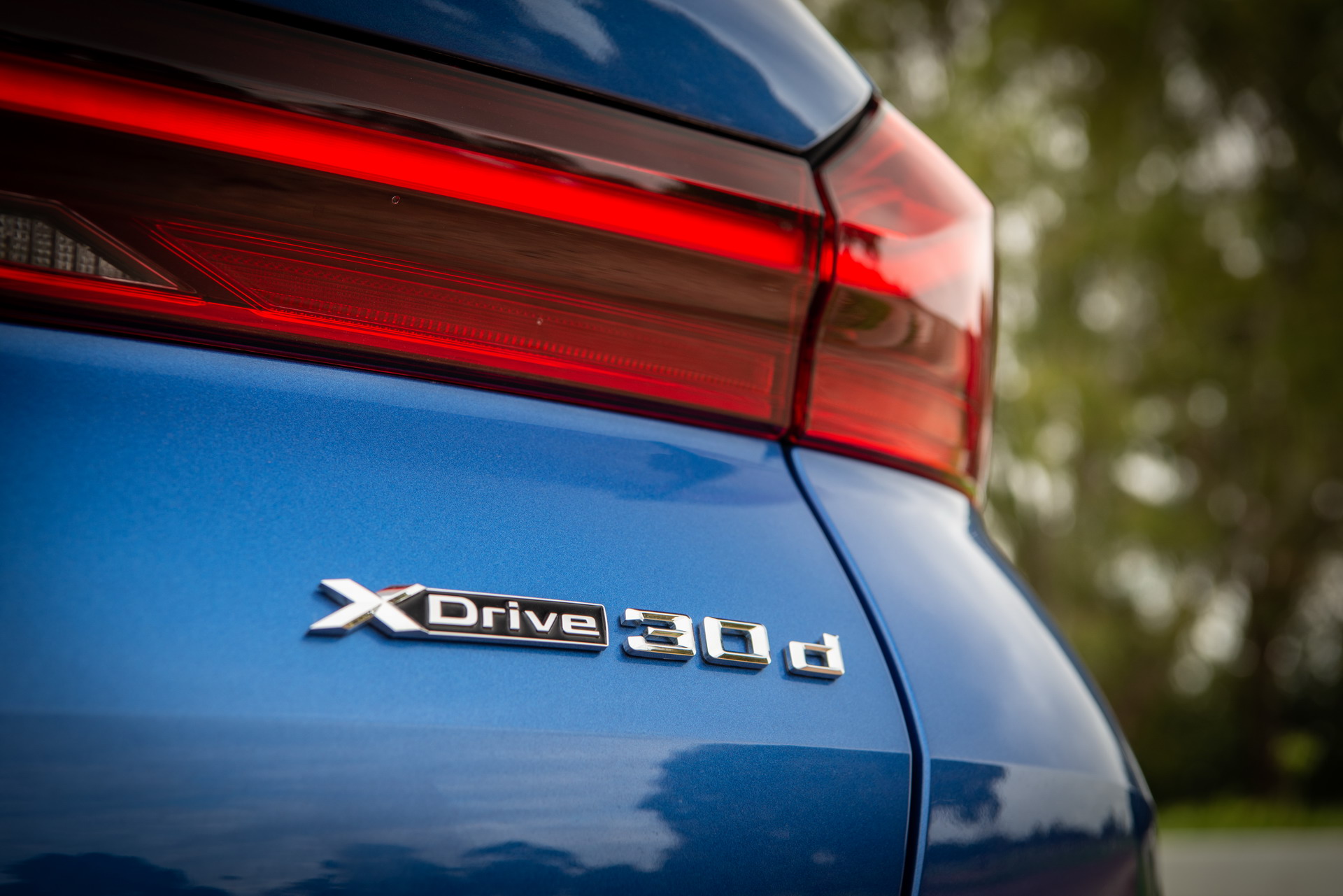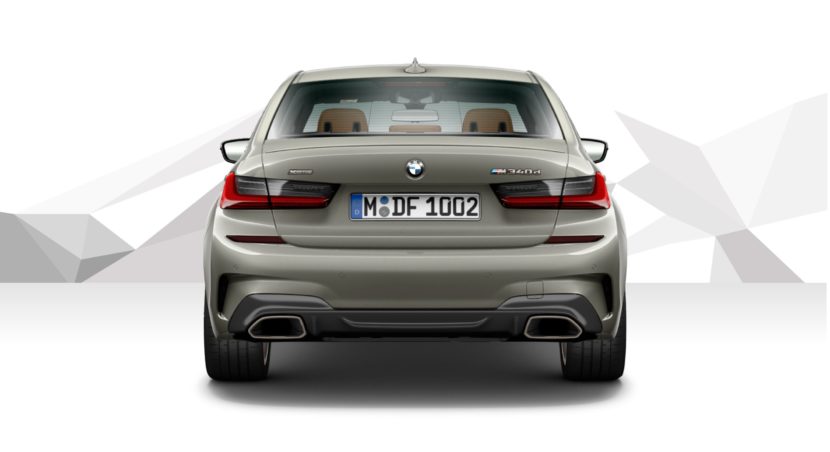Numbers don’t lie. The diesel engine’s downfall is evident. For the first time ever, pure electric vehicles outsold oil-burners in Europe last year. The Old Continent is where this type of powertrain has historically been the most popular but sales are shirking. Not just because people don’t want them anymore but also due to automakers cutting back on diesel offerings.
Sales figures published by the European Automobile Manufacturers’ Association (ACEA) show diesel had a market share of only 13.6% in 2023 when EVs rose to 14.6%. Through March 2024, diesels fell to 12.8% in European Union (EU) markets. With that in mind, it’s no wonder BMW projects this type of engine will continue to drop in popularity. BMWBLOG spoke with Bernd Körber, Senior Vice President BMW Brand and Product Management, Connected Company, about where diesel is heading.
It would seem the diesel engine’s future is looking grim: “The diminishing benefits of diesel compared to other fuels like petrol and alternative power forms are leading to a reduced user base who choose diesel primarily for personal preference rather than clear advantages.” In other words, gasoline engines are becoming so efficient that diesel is no longer the obvious choice for the thrifty buyer. Advancements made in plug-in hybrid and electric drivetrains represent another nail in the diesel engine’s coffin.
That doesn’t mean BMW intends to pull the plug on diesels in the foreseeable future. Bernd Körber explains: “There is no specific end date set for diesel vehicles, but their relevance and prevalence are likely to decrease as the advantages of diesel become less significant, particularly in historically strong diesel markets like Eastern Europe.”
Earlier this year, Head of Development Frank Weber told BMWBLOG the German luxury brand will continue to invest in ICEs. Yes, that includes diesel engines, too. However, the lineup is likely to be simplified in the coming years. For example, the new X3 arriving in June won’t have an M40d version anymore. It will follow the demise of the larger M50d models a few years ago.
With fewer people willing to buy a diesel-fueled car and emissions regulations getting stricter in the EU, the clock is ticking. Other automakers have already abandoned selling small cars with this type of engine. BMW won’t be going down that road just yet. The new 1 Series (F70) and 2 Series Gran Coupe (F74) debuting this year are likely getting the 120d and 220d treatment, respectively.



















































